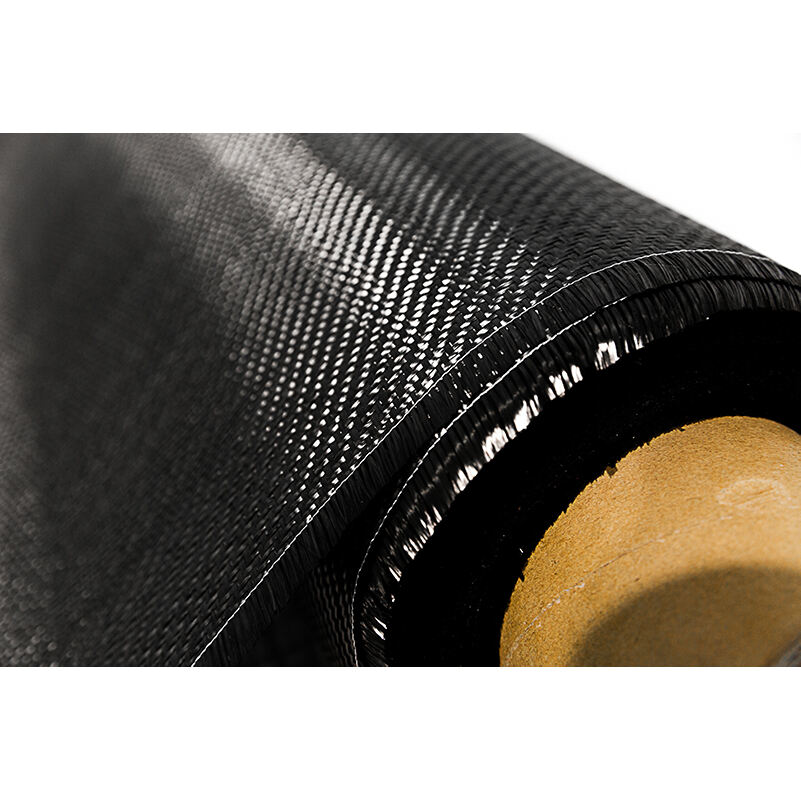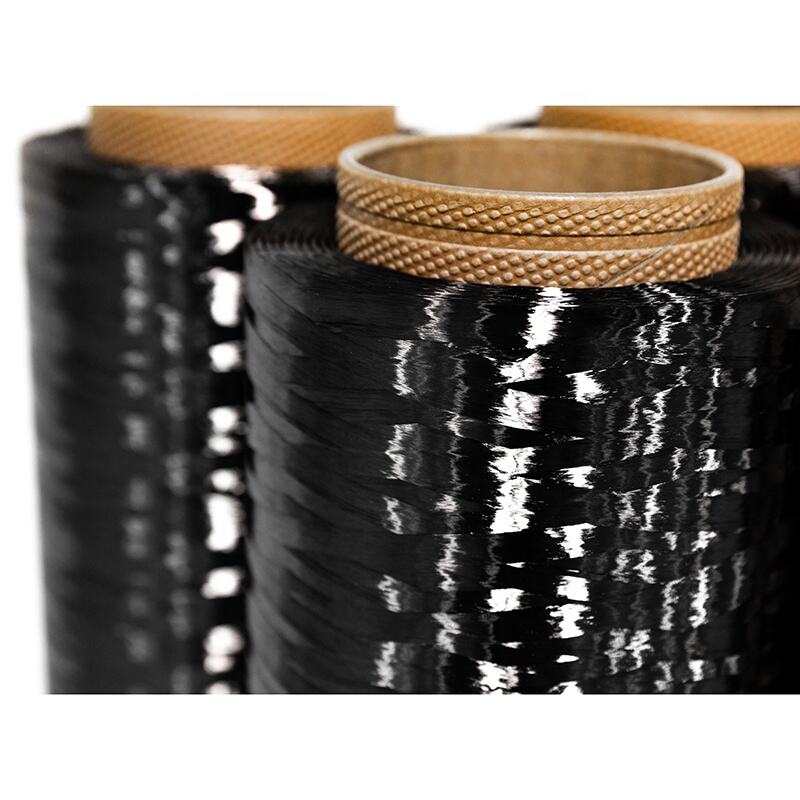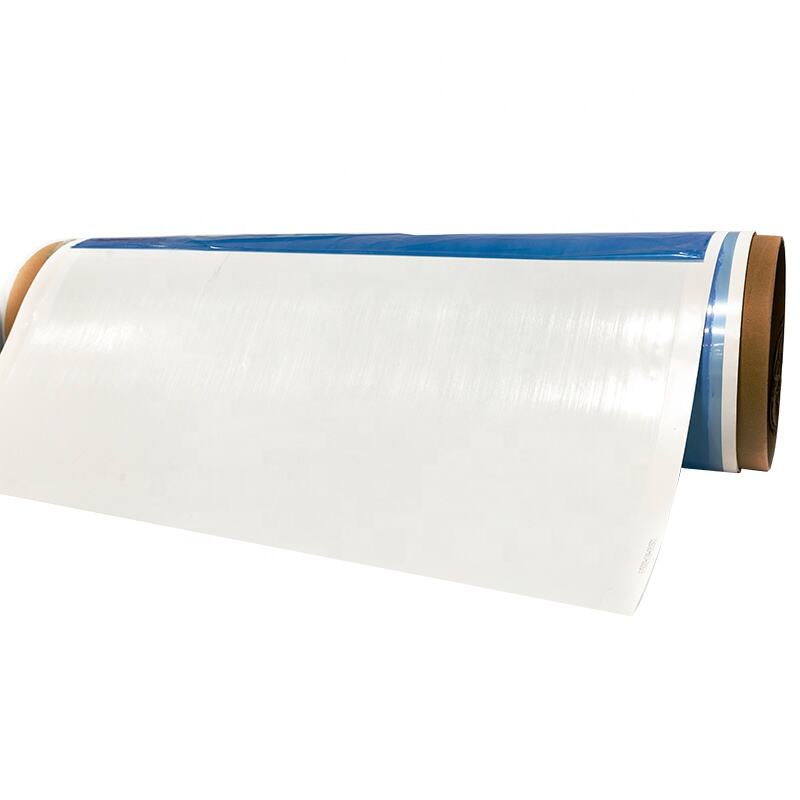carbon carbon composite material
Carbon carbon composite material represents a groundbreaking advancement in materials science, combining exceptional strength with remarkable heat resistance. This innovative material consists of carbon fiber reinforcement embedded in a carbon matrix, creating a unique structure that maintains its mechanical properties even at extremely high temperatures. The manufacturing process involves multiple steps of carbon fiber layup and matrix infiltration, followed by high-temperature treatment to achieve the desired properties. The material exhibits outstanding thermal stability, maintaining its structural integrity at temperatures exceeding 2000°C, while simultaneously offering excellent mechanical strength and low thermal expansion. Its lightweight nature, typically 1.6-1.98 g/cm3, makes it particularly valuable in applications where weight reduction is crucial. The material's exceptional resistance to thermal shock, coupled with its superior wear resistance and chemical inertness, makes it indispensable in aerospace, automotive, and industrial applications. Carbon carbon composites also demonstrate remarkable fatigue resistance and can withstand extreme environmental conditions, making them ideal for critical components in high-performance systems.


